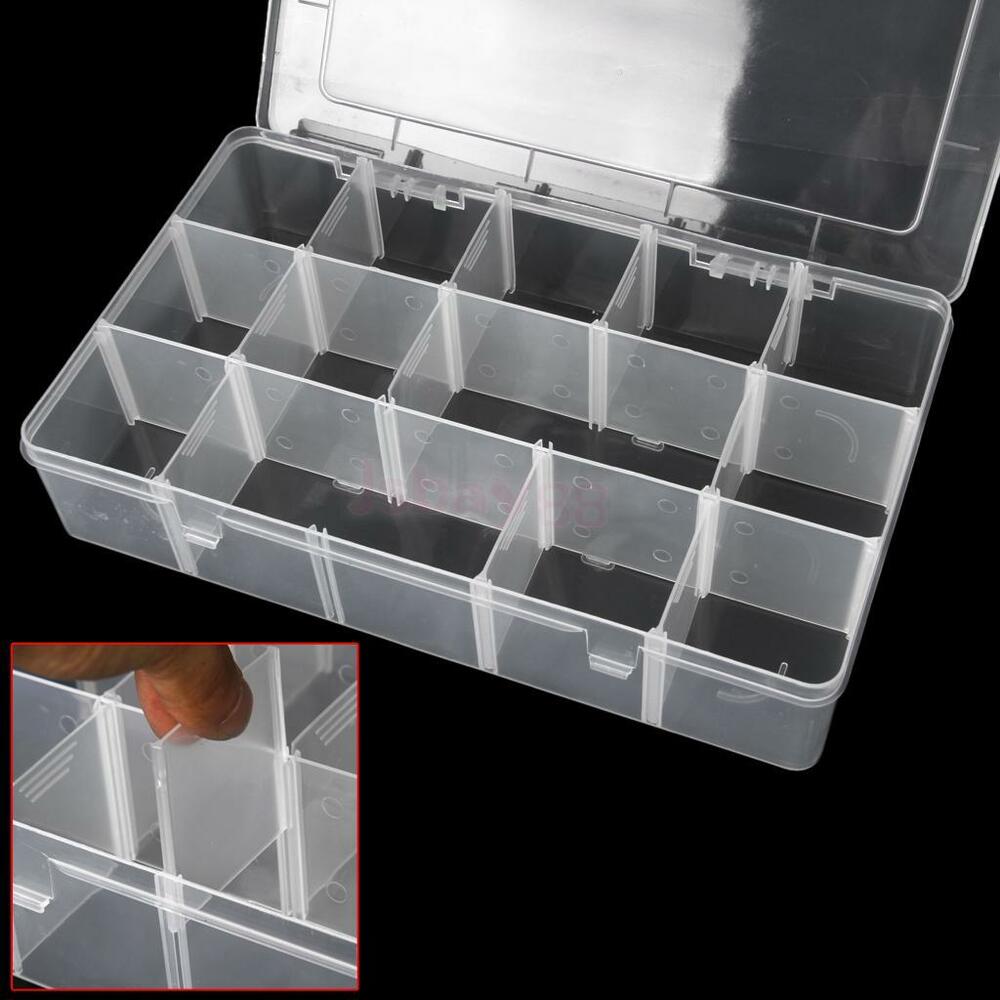Simple question.
At some point I began keeping batteries (AA, AAA, 9V, etc) inside a random drawer in my wardrobe that I use for other electronics (like cables, pen drives, etc.).
And I've started to worry that they might randomly arrange themselves (they roll a lot when I open and close the drawer) into a short circuit inside the drawer and start a fire.
I imagine a lot of people do that, and I've never heard of this causing fires.
Is it a fire hazard?
Extra: If that is indeed a fire hazard, what would be the ideal way of storing batteries at home?

